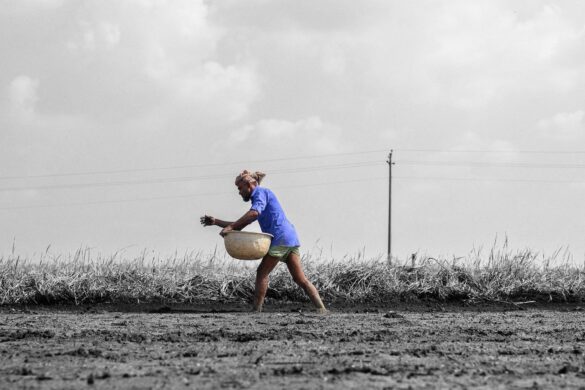Bangladesh has approved a new batch of fertilizer imports from Morocco and Canada to make sure farmers have supplies before the next planting season. Officials say the move is meant to smooth supply lines, steady harvests and help farm families plan with confidence. The package covers five separate proposals to import 140,000 metric tons of fertilizers and 10,000 metric tons of phosphoric acid, and state bodies Bangladesh Chemical Industries (BCIC) and the Bangladesh Agricultural Development Corporation (BADC) will manage purchases and distribution so goods reach dealers and growers on time. Under the plan BADC will import about 30,000 metric tons of TSP fertilizer from Morocco’s OCP Nutricrops, and other lots will include DAP and additional grades to match crop needs. Reports say some supplies will be bought at about five hundred seventy nine dollars per ton while DAP will be around seven hundred seventy eight dollars and thirty three cents per ton under current contracts. The deal follows a larger agreement in which OCP Nutricrops agreed to supply up to 1.1 million tons of non urea fertilizers to Bangladesh across 2025 and 2026. Company leaders and government officials describe the arrangement as more than a one-time sale because it also opens doors to research, training and technology sharing that can help farmers use inputs more effectively. Youssef El Bari of OCP Nutricrops spoke about building a long term link that supports farmers with better tools and know-how, and BADC chairman Ruhul Amin Khan expressed thanks for support that may reach small growers nationwide. The new imports are timed to boost stocks ahead of cultivation so shortages do not force higher prices or delayed planting. By securing a steady flow of fertilizer, officials expect yields to hold steady or rise, supply chains to work smoothly and rural jobs to remain stable as dealers and transporters stay busy. The program also aims to tie shipments to on the ground training so extension workers can show balanced use of fertilizer, promote soil testing and teach crop nutrition practices that raise output without harming land or water. If supplies arrive on schedule and training spreads, farmers can plan how much and when to apply fertilizer for rice, vegetables and other crops with more confidence. The partnership with OCP also aims to boost local research, seed and soil studies and to help build skills in fertilizer handling and safe use. Officials say these efforts will help protect harvests, support local markets and keep food on shelves while creating new work in storage, shipping and service jobs around farming communities. Overall, the move is designed to make farm input supply more reliable, support food security and help make agriculture more productive and resilient for the seasons ahead.
Bangladesh bought 140,000 tons of fertilizer from Morocco and Canada to boost harvests
45


